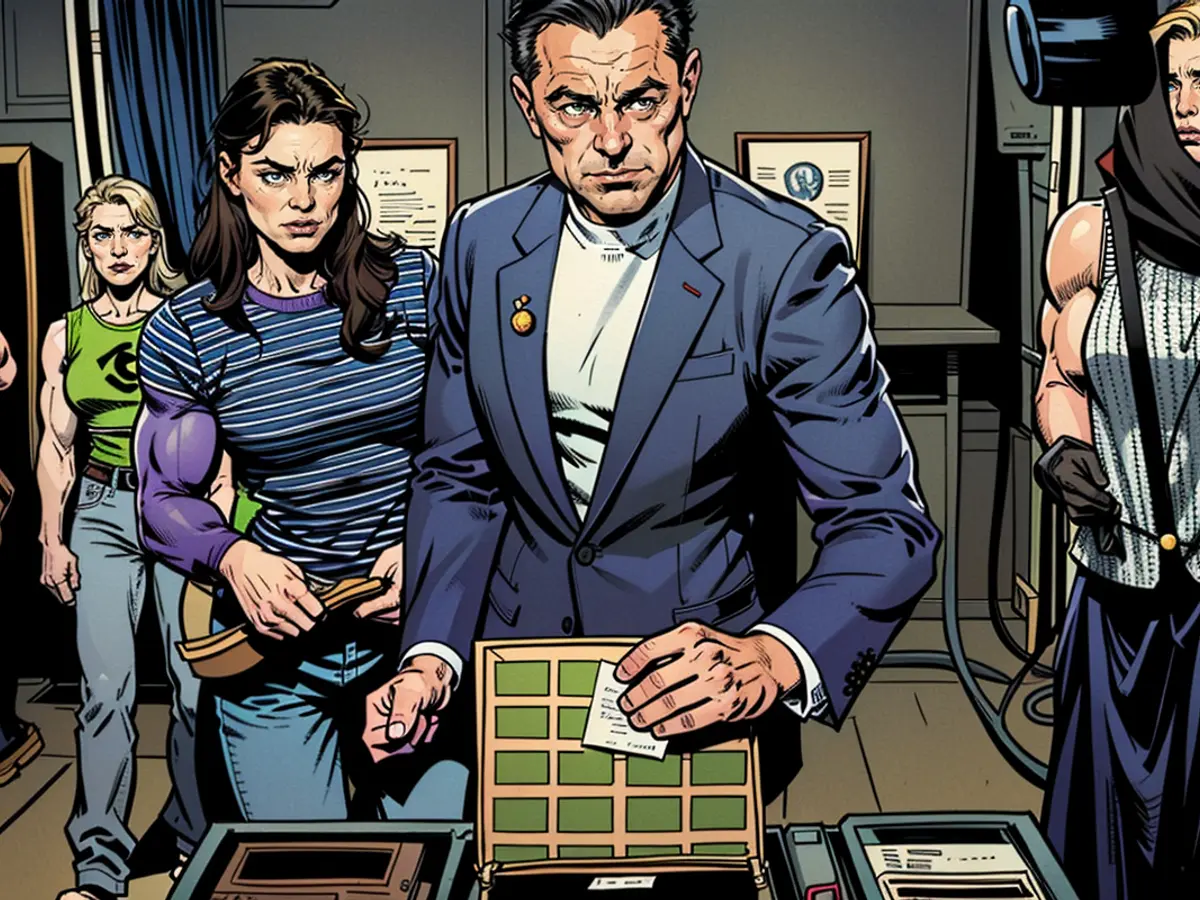Belgium's Monarch, King Philippe, once again tasked right-wing nationalist, De Wever, with assembling a new administrative body.
After around two and a half months since the Belgian parliamentary elections, a fresh development surfaces in the government formation process: King Philippe assigned Bart De Wever of the Flemish right-wing nationalist party on Monday to resume negotiations once more. Initially, De Wever gave up on the negotiating mandate due to internal disputes among potential coalition partners at the end of August.
According to a royal announcement, King Philippe expects De Wever to restart discussions promptly between the five involved parties. Previously, Walloon Christian Democrat Maxime Prévot had been exploring options among the parties, but his role has now been revoked.
De Wever's N-VA emerged as the dominant party in the June 9 election, followed closely by the far-right Flemish group, Vlaams Belang. De Wever's goal is to assemble a five-party coalition, comprising conservatives and liberals from Wallonia and Flanders, along with Flemish social democrats. As reported by media, the main hitch thus far has been the nuances of fiscal policy.
Forming governments in Belgium is a notoriously complex task. The country's federal parliament is highly fragmented, with most parties only participating in the French-speaking south, the Dutch-speaking north, or the Brussels capital region. The longest period without a government, which reached 541 days, occurred in 2010 and 2011.
De Wever will need to navigate the negotiations carefully, considering the crucial months ahead in the government formation process. The Belgian parliamentary calendar typically includes key decision-making months such as December and June, which could potentially influence the formation of a new government.








